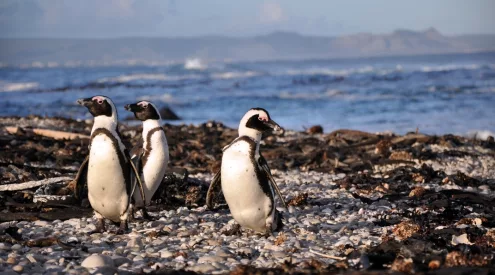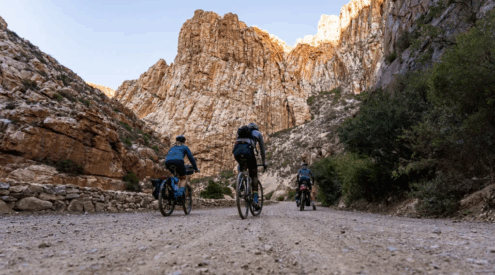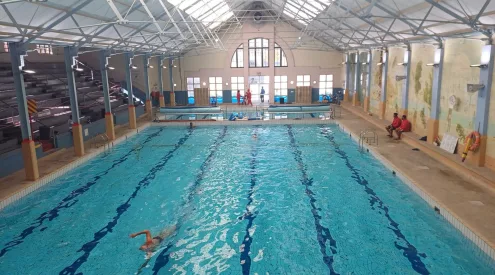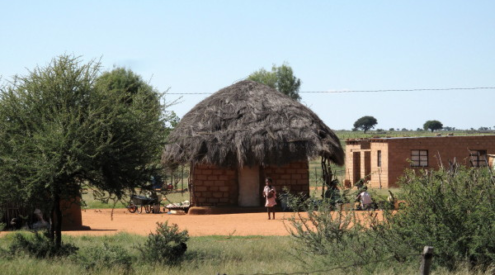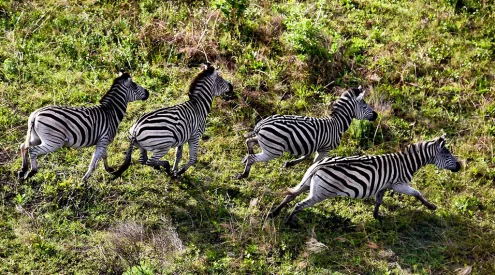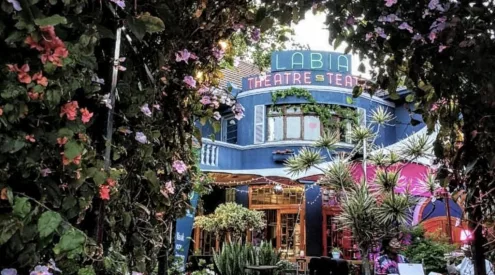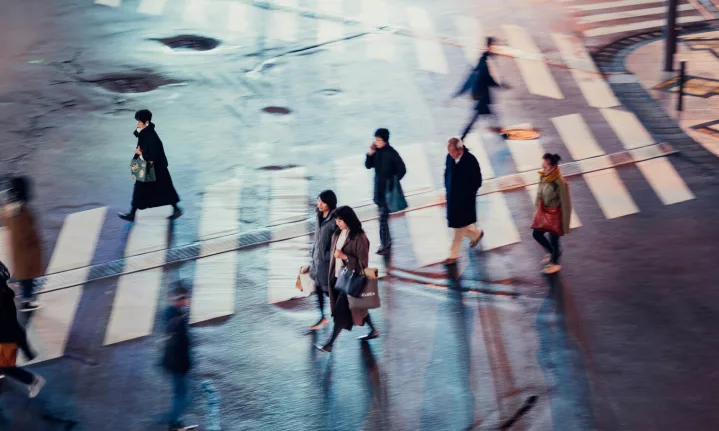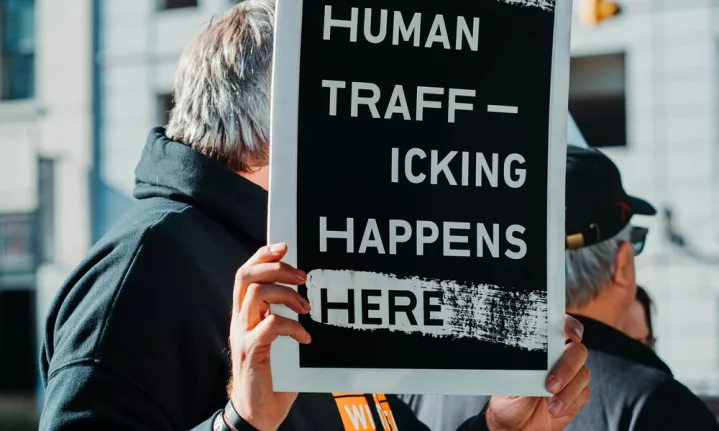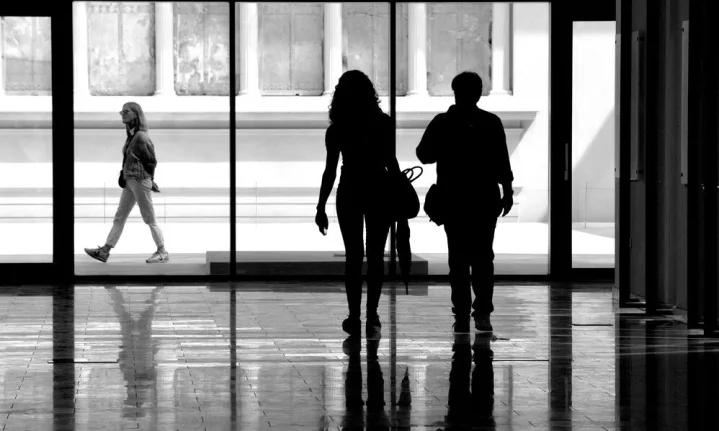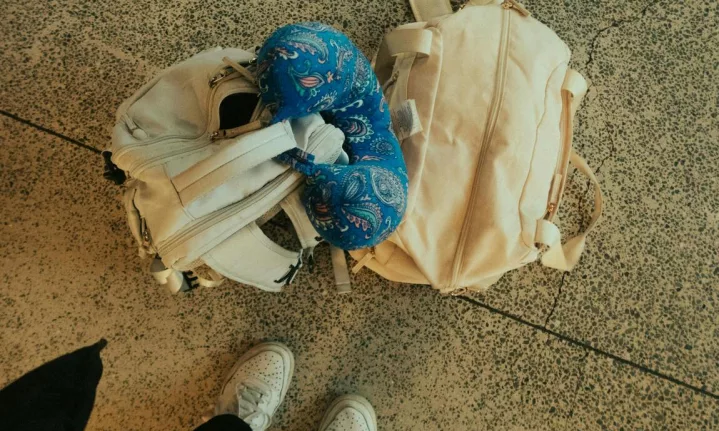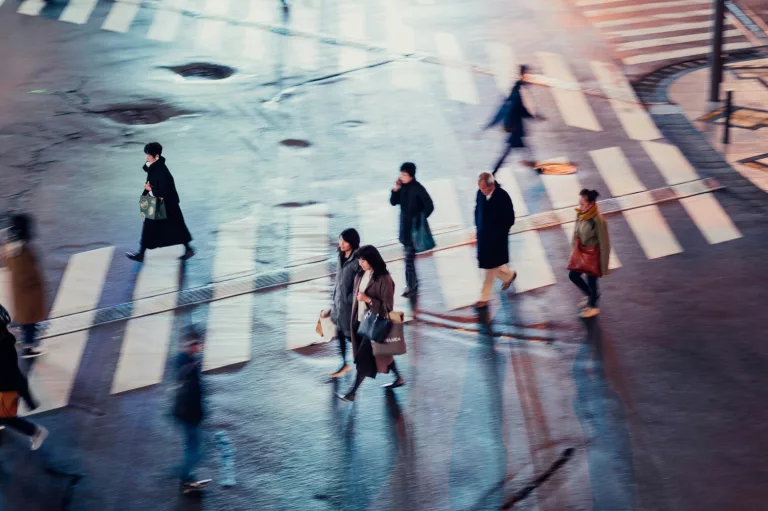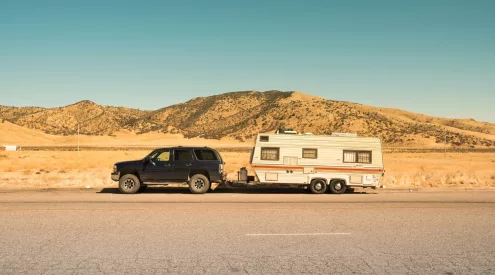What is human trafficking?
Who are targets of human trafficking?
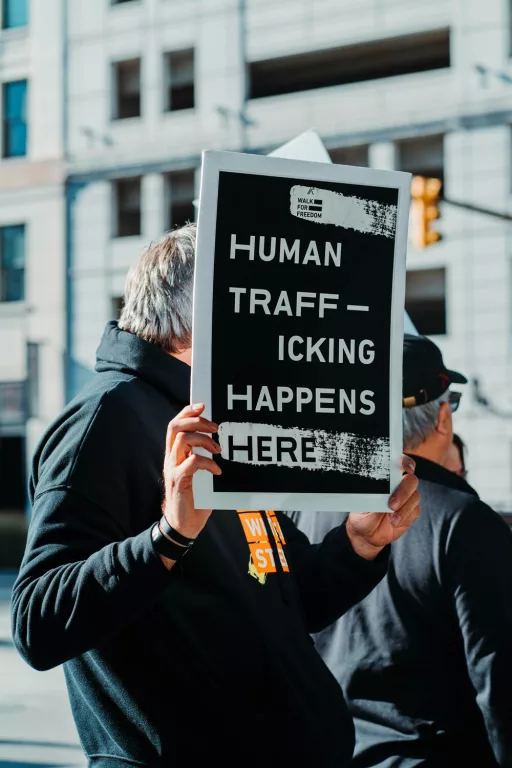
Image: Unsplash / Hermes Rivera
What do to keep safe from human trafficking when travelling solo
Sadly, solo travellers frequently become victims of these cases, and so it crucial to know what to be aware of and what to do if you ever get caught in a scenario where you or someone else may be falling victim human trafficking:
Do your research
Before your adventure, take the time to thoroughly research where you are going. Take the time to understand local customs, cultural norms, and knowing about the general safety climate of the area can help you navigate your trip more safely. Familiarise yourself with areas that are known to be safe and those that are not.
Stay informed about local scams and trafficking hotspots
Being aware of common scams and human trafficking tactics in your destination is crucial. Research recent reports and travel advisories related to your destination. This can include reading travel blogs, news articles, and government travel warnings. Knowing the signs of trafficking and being able to recognise suspicious behaviour can help you avoid dangerous situations. Stay updated on areas to avoid and the latest safety advice for travellers.
Trust your instincts and avoid situations that feel unsafe
Your intuition is a powerful tool. If something feels off or makes you uncomfortable, trust your instincts and remove yourself from the situation immediately. This applies to interactions with strangers, offers that seem too good to be true, or places that feel unsafe. It’s better to be overly cautious and avoid potential danger than to take unnecessary risks.
Keep personal information private and secure
Safeguarding your personal information is essential. Avoid sharing details about your travel plans, accommodation, or personal life with strangers or on social media. Use privacy settings on social media platforms and be mindful of what you post. Carry photocopies of important documents and keep the originals in a secure place. Using a money belt or hidden pouch can help protect your valuables and personal identification from theft.
Stay in well-lit, populated areas, especially at night
When exploring unfamiliar places, stick to well-lit and busy areas, particularly after dark. Avoid isolated streets, parks, or beaches where you could be more vulnerable to attack or abduction. Opt for accommodations in safer neighbourhoods, and use reputable transportation options like registered taxis or rideshare services. Always let someone know your whereabouts and expected return time.
Stay connected
Keep in regular contact with family or friends back home. Share your itinerary and check in frequently.
Blend in
Avoid drawing attention to yourself as a tourist. Dress like the locals and be discreet with maps and guidebooks.
Know your emergency contacts
Keep a list of local emergency numbers, the nearest embassy or consulate, and a trusted local contact.
Signs of human trafficking
You should be aware of signs that you or someone else is being trafficked, whether you are travelling or not. Always look out for:
Individuals being controlled or escorted by others
One of the most obvious signs of trafficking is seeing individuals who appear to be under the control of others. This can include people who are not allowed to speak for themselves, those who seem to be monitored closely, or individuals who look fearful and anxious in the presence of certain people. These individuals may have limited freedom of movement and appear to follow strict instructions.
Poor living conditions or multiple people in small spaces
Human trafficking victims often endure poor living conditions. This can include overcrowded spaces, inadequate hygiene, and a lack of basic amenities. If you notice multiple people living in a small, confined area, especially if they seem reluctant to interact or appear fearful, this could be a sign of trafficking.
Signs of physical or emotional abuse
Trafficking victims often show signs of physical or emotional abuse. This can include bruises, scars, burns, or other injuries that suggest violence. Additionally, victims may display signs of severe anxiety, depression, or submissive behaviour. They might avoid eye contact, appear overly fearful, or show signs of trauma.
Unusual or secretive behaviour
Unusual or secretive behaviour can also be a red flag. This includes people who avoid social interactions, those who seem to be hiding information about their situation, or individuals who appear disoriented and confused about their location or surroundings.
Follow us on social media for more travel news, inspiration, and guides. You can also tag us to be featured.

